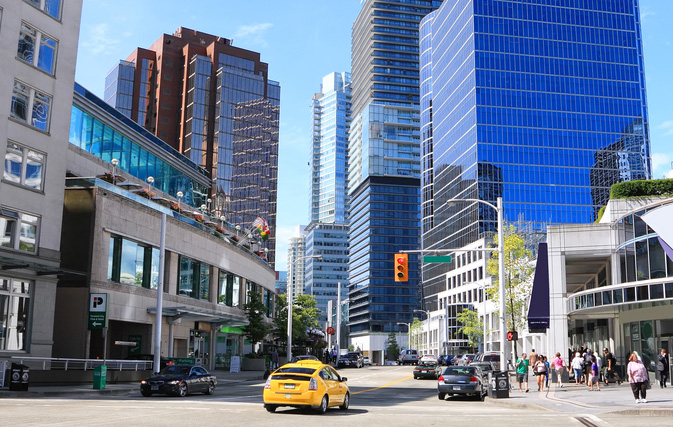VICTORIA — Undercover agents with the authority to hand out fines up to $5,000 will soon be on the prowl for operators of unlicensed, alternative taxi services in British Columbia, says Transportation Minister Todd Stone.
Plans to use the plainclothes agents to enforce existing taxi-licensing laws were announced Monday by Stone in reaction to the expected launch of a new transportation service in Vancouver by the U.S.-based company UberX.
The company has been searching for managers and drivers through job postings on its website and on social media, and already uses a smartphone app to connect non-licensed drivers with passengers needing a ride in Toronto, Ottawa and Montreal.
“We will have dozens of undercover enforcement officers who will be at the ready to ensure that anyone who is providing a taxi-like service is doing so with a proper licence,” said Stone, adding those who don’t comply face maximum fines of up to $5,000.
Hours after Stone’s comments, Opposition New Democratic Leader John Horgan introduced a private member’s bill in the legislature amending the Passenger Transportation Act.
The bill would alter the current definition of taxis to include “commercial passenger vehicles operating as part of for-profit ridesharing services” and hike the maximum fine for people operating a commercial passenger vehicle without a valid licence or permit to $20,000.
Uber spokeswoman Arielle Goren did not immediately respond to a request for an interview, but in an email sent to The Canadian Press this past weekend, she took issue with the idea that UberX is a taxi service.
“It’s important to note that Uber is not a taxi service — we are a technology company — and as such we don’t believe it makes sense to force-fit the services we provide into a taxi regulatory framework that is often decades old,” wrote Goren.
She also said UberX trips are covered by their “best-in-class” insurance policy, which provides $5-million in coverage from the moment a driver accepts a ride to the moment the passenger steps out of the car, and it screens drivers’ entire lifetimes for impaired-driving, traffic and criminal offences.
Uber operated its black-car service in Vancouver for about six months in 2012, but the company withdrew from B.C. after the provincial transportation regulator imposed a minimum fare of $75 per trip.
Uber’s traditional taxi service is named Uber Taxi and it connects users with licensed cabs. Passengers pay the standard meter rates, plus a tip, and Uber takes a cut of the transaction.
UberX is a relatively new addition to the company’s lineup. The service allows anyone over 21 with a vehicle to apply to become a driver, though Uber said it subjects applicants to criminal record checks and provides comprehensive insurance.
Municipal taxi regulators in Canada have generally concluded UberX cars meet the definition of taxis, and therefore drivers must be licensed. Uber, however, disagrees with that assessment and has been proceeding without such licences.
Last month, bylaw officers in Ottawa conducted a sting and fined two UberX drivers, and the city says more charges are expected.
The City of Toronto issued a statement last month that said UberX violates municipal bylaws and “may pose a serious safety risk.”
Horgan said he recognizes the current taxi industry is “not perfect, but he has been approached by organizations representing seniors and the disabled over concerns that cut-rate competition will reduce service to the vulnerable.
“The solution is not to have an offshore company come using the Internet service to cut rates and put tens of thousands of British Columbians out of work and jeopardize the licences of those who have contributed so much over so many years to the economy and the well being of the people of British Columbia,” he said.
